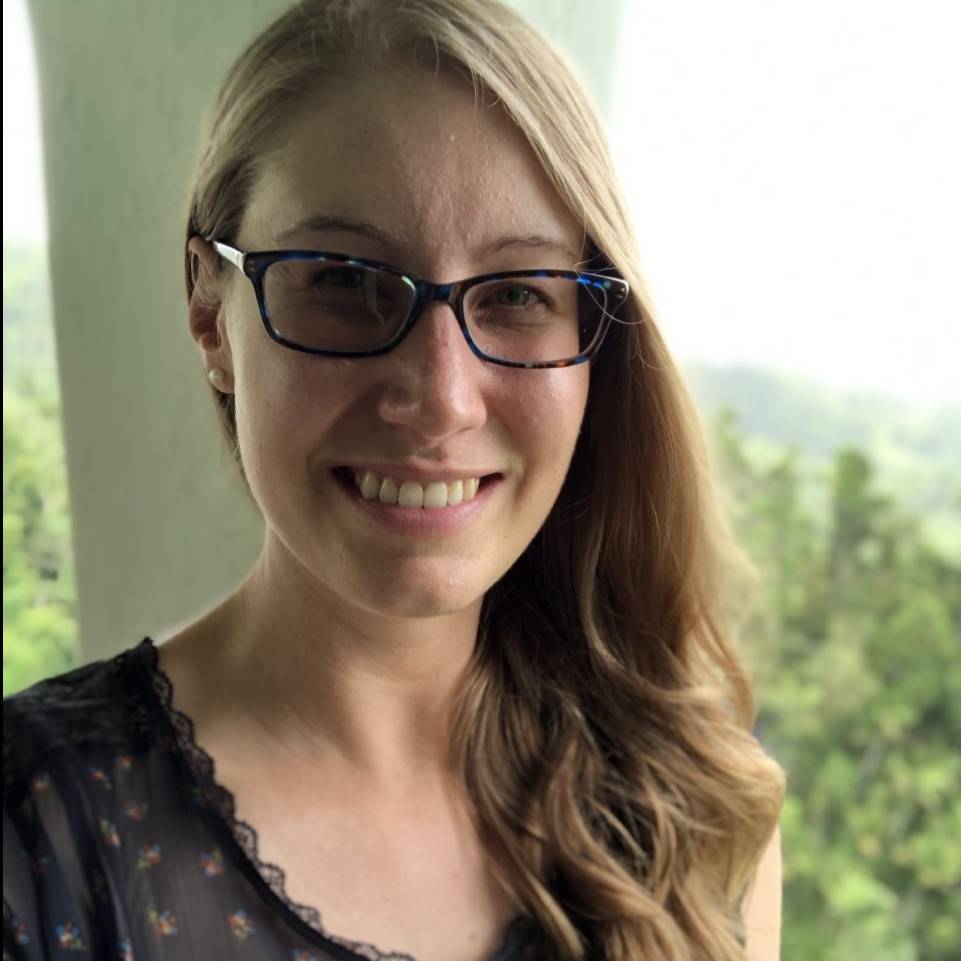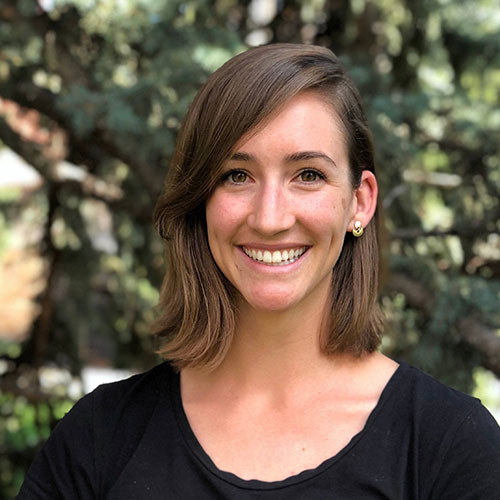This webinar provided a demonstration of the recently released CONVERGE Reciprocity in Hazards and Disaster Research Training Module. This module focuses on the reciprocal relationship between researchers and disaster-affected people and communities, with an emphasis on ensuring that research is beneficial to all participants.
If you are an educator, student, researcher, or other professional hoping to learn more about this free, online resource, please watch this recorded webinar.
This interactive webinar provided an overview of what reciprocity means, why it is important for conducting ethical research, and how hazards and disaster researchers can effectively practice reciprocity in their work. The presenters also offered tips for how you can integrate the Reciprocity in Hazards and Disaster Research Training Module into your classroom or use it to advance your research. In addition, the webinar also showed how the module functions and the resources associated with it.
This new module, like the others in the series, concludes with a 10-question quiz. Upon successful completion of the quiz, users receive a certificate, which is worth one contact hour of general management training through the International Association of Emergency Managers (IAEM) certification program. The CONVERGE Reciprocity in Hazards and Disaster Research Training Module—developed with support from the U.S. Geological Survey and the National Science Foundation—is now available via the CONVERGE website. We encourage you to access it as well as the CONVERGE Assignment Bank and Annotated Bibliographies.





